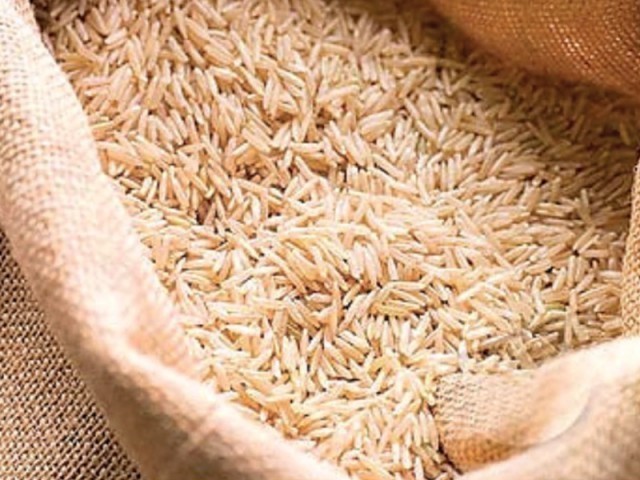ISLAMABAD: Following the government’s request to farmers for limiting the production of Basmati rice, exporters have express serious concerns and called the decision completely irrational.
In this regard, Prime Minister’s Task Force on Agriculture Chairman, Jamshed Iqbal Cheema, during a press conference regarding the agriculture reform package had said that the export market mostly required coarse rice but Pakistani farmers were addicted to Basmati and would be asked to shift most of the sowing to coarse rice which attracts better price and limit Basmati for local consumption.
According to the government’s estimates, He maize output through the same line of action would be tripled from 13 million tonnes to 40m tonnes.
It may be mentioned here that the statement came at a time when Pakistan is fighting a case related to Geographical Indication (GI) tagging for Basmati rice in the European Union (EU) against India.
On the other hand, Rice Exporters Association of Pakistan (REAP) former vice president, Taufiq Ahmed Khan, is talking about hybrid rice and other varieties which are priced much lesser than the Basmati.
“We do not understand the rationale behind limiting production of Basmati, which is exported to most of the 120 countries with comparatively higher prices. The hybrid rice is sold at around $400 per tonne while Basmati is marketed at over $1000 per tonne in the international market,” he said, adding that while marketing the new hybrid variant, Pakistan would be competing with around 50 countries whereas, for marketing Basmati rice, the country needed to compete with only one country, India.
“We have already established an international market for Basmati in the Middle East and Europe where the aromatic rice is very popular. By limiting cultivation of the important crop, Pakistan would lose such a lucrative market,” the exporter added.
“Though we have not been consulted for the Agriculture Reform Package, what Cheema has expressed as per the package is alarming for not only exporters but also traditional growers of Basmati,” Taufiq said.
Another exporter of rice suggested that instead of limiting production of rice, the government should focus on maximising the production of highly valued variants besides improving the supply chain system.
According to exporters, who are also fighting the case in the EU along with the government, such negative statements by responsible personalities in the government would harm the country’s case against India.
It may be mentioned here that since Basmati rice fetches higher prices than non-Basmati rice in international markets, India has attempted to block Pakistan’s trade in the EU by registering as the sole owner of Basmati’s GI.
Pakistani basmati also enjoys an edge in European markets as the level of pesticides in our local crop is low as per the EU’s standard as compared to India.
In overall basmati exports, Europe holds a 40 per cent share. The commodity is also being exported to Gulf countries, Australia, US, etc. while non-Basmati markets include China, African countries, Far East, etc.
Pakistan produces 7.4m tonnes of rice annually out of which over 4m tonnes is exported while the rest is consumed locally.
The country exported 4.166mn tonnes of rice in FY20 which earned $2.175bn out of which basmati exports stood at 890,207 tonnes valuing $790m while non-basmati exports were 3.275m earning $1.384bn.





Govt should understand the ground level realities
good